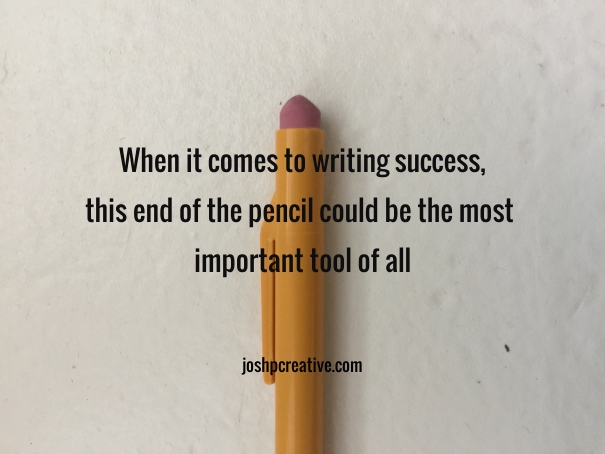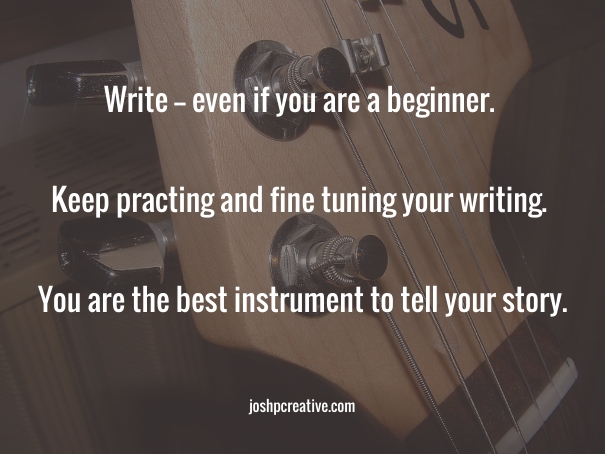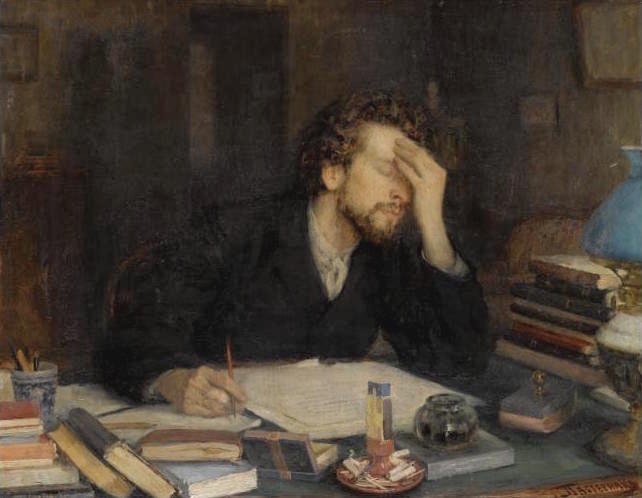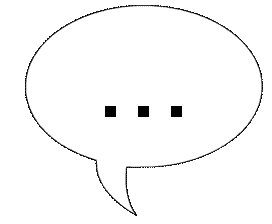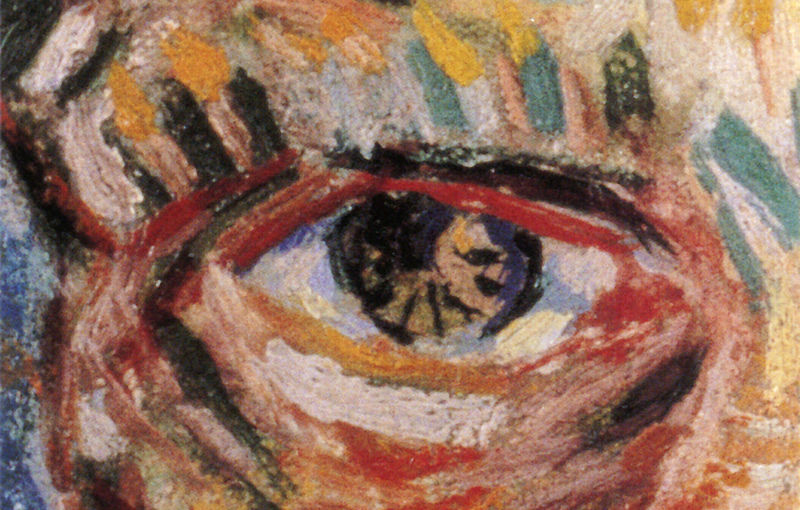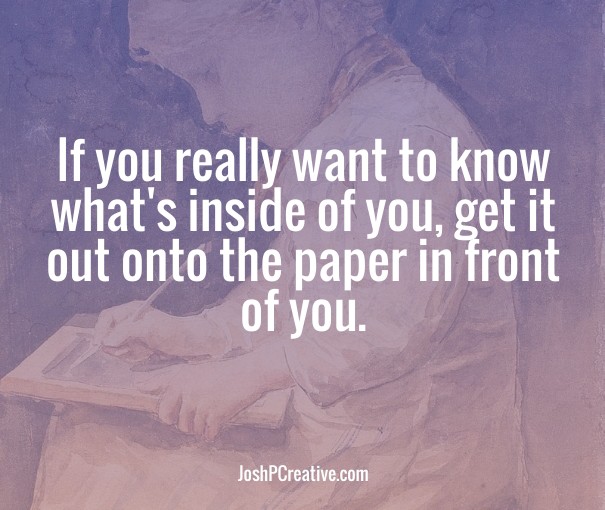An MSN link crossed my desk today. It took me to a Today article by Scott Stump relating to another Internet-breaking optical illusion (from Playbuzz) featuring two pictures that supposedly determine your personality. You can see the story and the illusion here. Click the link and then take a quick look.
So, what did you see first in the optical illusion? The old man? The young woman? A bunch of scribbly lines separated by a question mark? Well, according to the news story, the picture you see determines your personality. Just an FYI, I saw the young woman first. That means I’m positive and optimistic, but sometimes impulsive. Hmmm…. I mean, yeah, I’m a positive and optimistic guy , and I’m sometimes impulsive, but geez–I like to think I have some of those “old man” qualities as well (calm, faithful, good leader, and a bit of the ol’ perfectionist).
Oh, internet. The tangled psychological webs you weave.
Anyway, all of this optical illusion stuff got me thinking about how what we see so often defines us. Not just what we see, but how we see. I’m sure the world is full of calm young women who have great leadership skills. I’ll also bet there are plenty of older men who are positive and optimistic, yet make impulsive decisions–especially when it comes to golfing attire.
See, it’s not so much about what we see when we look out at the world. It’s more about how we interpret what we see. If we are younger, and have disdain for the older generation, we may not want to follow the lead of even the most calm, assured leader. If we’re older and a little jaded, we may not think the younger generation–with their smartphones, tablets, and optical illusion websites–has much to contribute, no matter how positive and optimistic they are.
I know I’ve turned the science of the story on its head, but I guess I’m more in the it-doesn’t-matter-how-I-am-if-I-don’t-appreciate-who-you-are camp.
Anyway, I bring this all up because I believe that in the creative world, we can transcend the borders of how we’re supposed to be, as well as get past our judgments of how we believe others should be. When we make or play music, write or read books, or get in front of the computer to write (or read) a blog post, we should try to get past snap decisions about who we think someone is, and delve a bit deeper into who they are. A poem on a website with no picture or name is what it is, no strings or illusions attached.
You see, creativity is a window into a person’s deepest places–beyond quick pics and scribbles. Whether you believe you are the old man or the young woman in the optical illusion, you can push past that and create worlds of your own. If you’re a calm leader, then tap into your impetuous side and write a quick short story that’s out of your comfort zone. If you’re a positive and optimistic person, then visit your shadow side and play a darker song on that guitar.
Take another look at that optical illusion. I’ll wait.
Did you see both the old man and the young woman? Good. Embrace that view.
(Note: if you want to play on Playbuzz.com, check out the original game here.)
